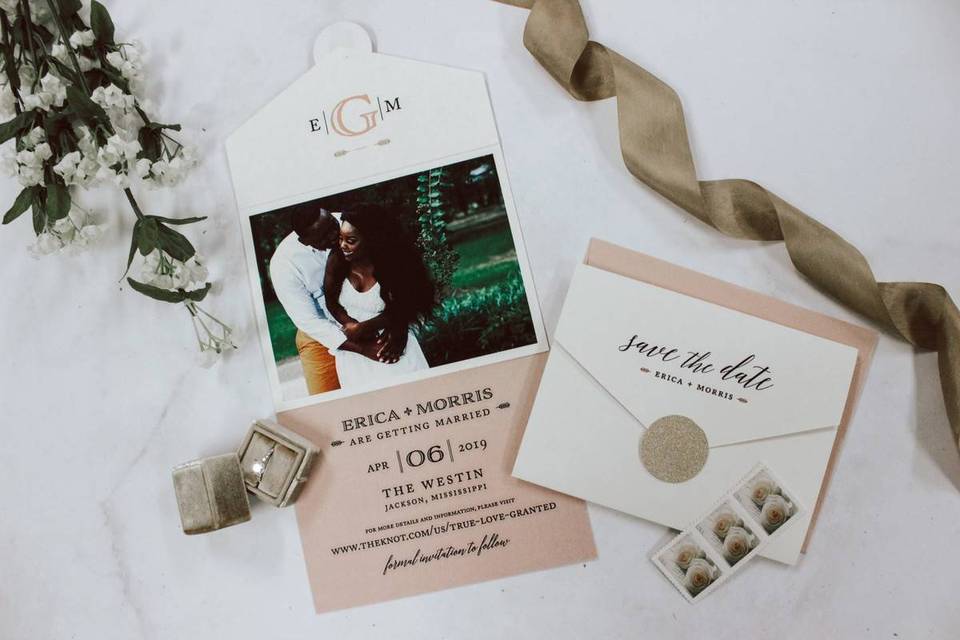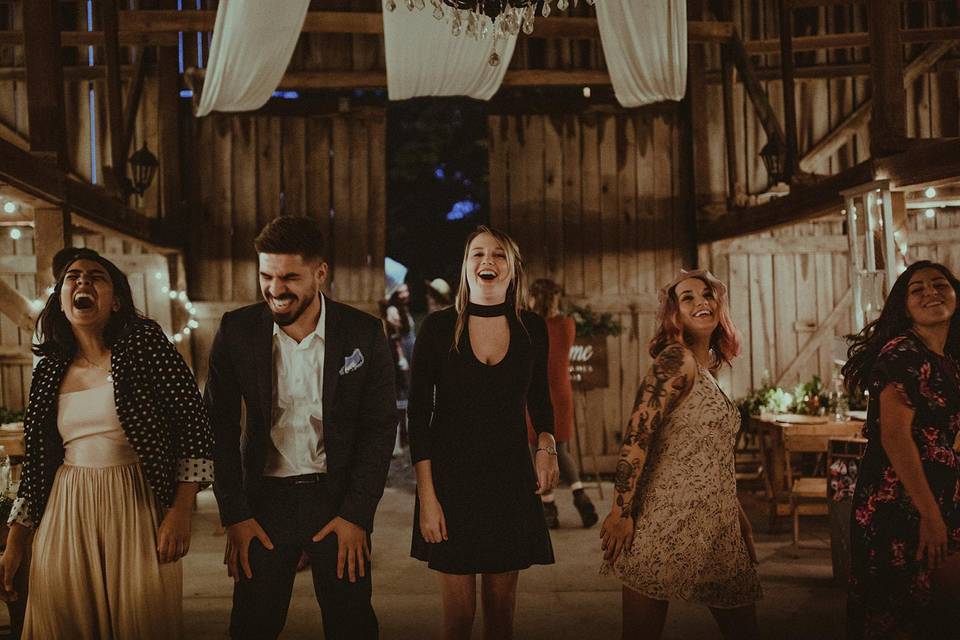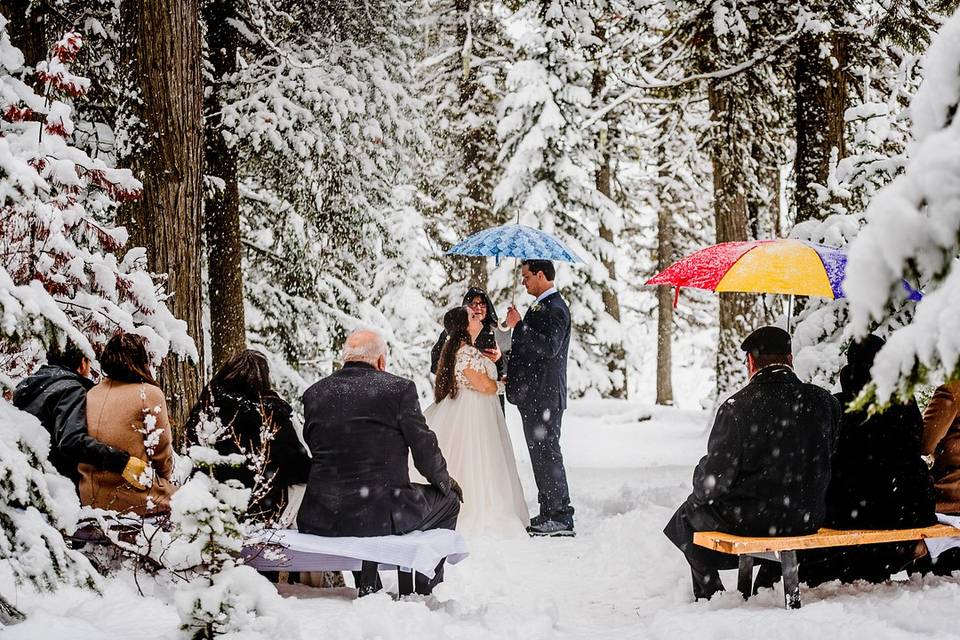When Guests Actually Decide if They're Attending Your Wedding (It's Earlier Than You Think)
You may be surprised at how early your guests are deciding whether or not they're attending your wedding. Here's what you can do to help them make an informed decision.

Unless you’re eloping, you’re probably looking forward to being surrounded by loved ones on your wedding day. And whether you’re inviting 50 guests or 500, you likely won’t find out for sure if your guests are attending your wedding until those RSVPs start rolling in. But, according to a WeddingWire study, 60 percent of guests will decide whether or not they’ll attend a wedding well before the invites go out. That’s why it’s so important to create your wedding website as soon as possible, so your guests can have enough info to make an informed RSVP decision early on.
Here are the most common times that your guests will decide if they’re attending your wedding, according to a new study.
Right after you get engaged
You may be surprised to learn that, according to the WeddingWire study, the highest percentage of guests—27 percent—decide whether or not they’ll be attending a wedding around the time they hear about the couple’s engagement. That’s before the invitations go out, and even before the save-the-dates go out. This means that your guests’ decision about attending your wedding isn’t so much about the date and location of your wedding, but their relationship with you. If they want to attend your wedding, they’ll make it work. In fact, wedding party members are the most likely to decide if they’re coming to your wedding early on—55 percent of wedding party members we surveyed decided whether or not they’ll attend a wedding right after the engagement.
Around the time they receive your invitation
The WeddingWire study found that about a quarter of guests decide whether or not they’ll attend a wedding around the time the invitation goes out—usually about four to six weeks before the event. While we think sending save-the-dates is a good idea, you don’t have to (particularly if you’re having a short engagement). In that case, your invitation may be the first notice your guests will receive, and will have to make their decision on the spot. And, we hate to say it, but even if you did send save-the-dates, your guests may not take action until the invitation is received.
Around the time they receive your save-the-date
About 20 percent of guests will make a decision about attending your wedding when the save-the-date is received. If you’re hosting a destination wedding, your save-the-dates should go out about eight to 12 months before the big day. For hometown weddings, you can wait a bit longer—between four and eight months before the wedding. When your save-the-dates are sent, you should have a few important details of your wedding set—your date, of course, but also your wedding’s location and venue. You should also have created your wedding website, which may include travel and hotel information if you’re hosting a destination event. Providing your guests with this info up front will help them decide if they can attend your wedding sooner rather than later.
Between receiving the save-the-date and the invitation
Our study shows that 13 percent of guests make their RSVP decision between receiving the save the date and the invitation. If your send your save-the-dates on the early side, your guests will have several months to think about attending your wedding before the official invitation arrives. This gives your guests plenty of time to schedule time off work and make travel arrangements, if necessary. You’ll want to be sure your wedding website is kept up-to-date during this time—your guests will likely check it a few times for updates.
Between receiving the invitation and the wedding day
If you’re hosting a hometown wedding and the majority of your loved ones won’t need to travel far to attend, many of your guests may wait until the last minute to decide if they’re coming or not. Guests need to make their final commitment at this point, as you’ll need to give your venue your official guest count, create a seating chart and escort cards, and more. Be sure to put a firm response deadline on your RSVP cards (about two to three weeks before the big day), and don’t be shy about calling guests directly if they miss said deadline.





